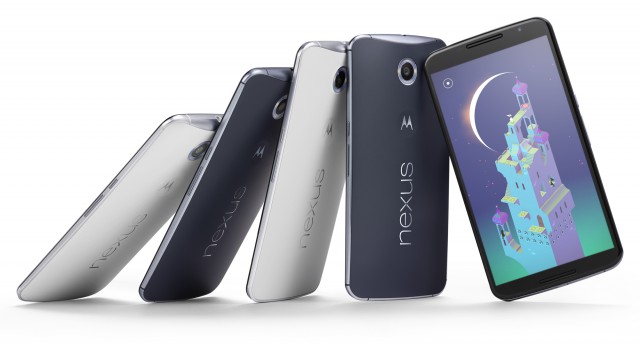
Google takes the wraps off Nexus 6, Nexus 9 [Update]
It is estimated that one in three smartphones shipped in 2018 will be a phablet, which is more than double their projected share for 2014. For Google -- with Android still likely to run on the majority of phablets -- helping developers to properly optimize their apps for larger screens has become a top priority. Ensuring that Android phablets provide a great user experience is paramount; otherwise, users may jump ship to Apple's iPhones or Microsoft's Windows Phones.
So, today, Google takes the wraps off its first phablet, Nexus 6. It is the embodiment of all the great features we have come to expect out of a phablet from late-2014: super high-resolution screen, super fast processor, solid cameras, very thin bezels and a huge battery. As expected, Google also announced a new tablet, the first one to come since July 2013, called Nexus 9. It does not disappoint either. Of course, both run the new Android 5.0 Lollipop, which is shipping in the next few weeks.

Ireland in tax clampdown targeting Microsoft, Apple, Google, and more
The Irish government is phasing out the so-called 'Double Irish' finance scheme that currently enables companies such as Google and Apple to slash millions (or even billions) of dollars from their tax bills. The scheme works by companies, regardless of where they may be operating in the world, collecting their profits through an Irish office (where tax is already low), and then funneling the money through a subsidiary company located in another tax haven by means of royalty payments.
Companies, like individuals, are understandably keen to keep their tax bills down as much as possible, and will jump through lots of hoops to reduce the amount of tax they have to pay. Offshore bank accounts, subsidiary companies and the like might sound like the makings of something illegal -- which it can be -- but it's a legitimate way to reduce costs. But the fact that something is legitimate doesn't mean that it's popular. At least it's not something that is popular with governments.

Thinking unconventionally is how you protect an entity the size of Google
We are at the 27th annual Information Security Solutions Europe Conference (ISSE), one of Europe's largest gatherings of cyber security experts.
Stephen Somogyi of Google Safe Browsing gave an amazing keynote speech about how Google goes about protecting its billions of users around the world. Here are some of the highlights:

Why Google needs a bigger Nexus phone and phablet-optimized Android L
The point of the Nexus line is ambiguous now. Is it a developer line? Does it showcase what Google wants in an Android phone? Does it showcase the cutting edge of Android? Maybe in the beginning the purpose was clear, but now I don’t think even Google knows. The one thing I am certain of is that the forthcoming Nexus phone will not be just another phone.
The Nexus line so far has helped to give developers a pure experience of Android to work on. One where the OS followed and fostered an environment that placed emphasis on the guidelines set forth by Google, such as on-screen buttons and leveraging full screen mode. A developer using a Nexus would get a very different impression of Android than one using Samsung's TouchWiz on a Galaxy phone -- which would reflect in the app produced.

Security alert: Google drops SSL 3.0 after POODLE attack discovery
Google's security team has discovered a vulnerability in SSL 3.0 which can be exploited to steal secure cookies and other data. The 15 year old technology is still used as a fallback when connection problems occur as it helps maintain backward compatibility, but the security problems mean that Google will start to phase out support. Details of the exploit have been published and Chrome has today been tweaked to disable SSL 3.0 fallback.
Bodo Möller from Google's security team points out that this move will "break some sites" and that they will need to be updated. This does present some compatibility issues, and the advice is to support TLS_FALLBACK_SCSV instead, at least for the time being.
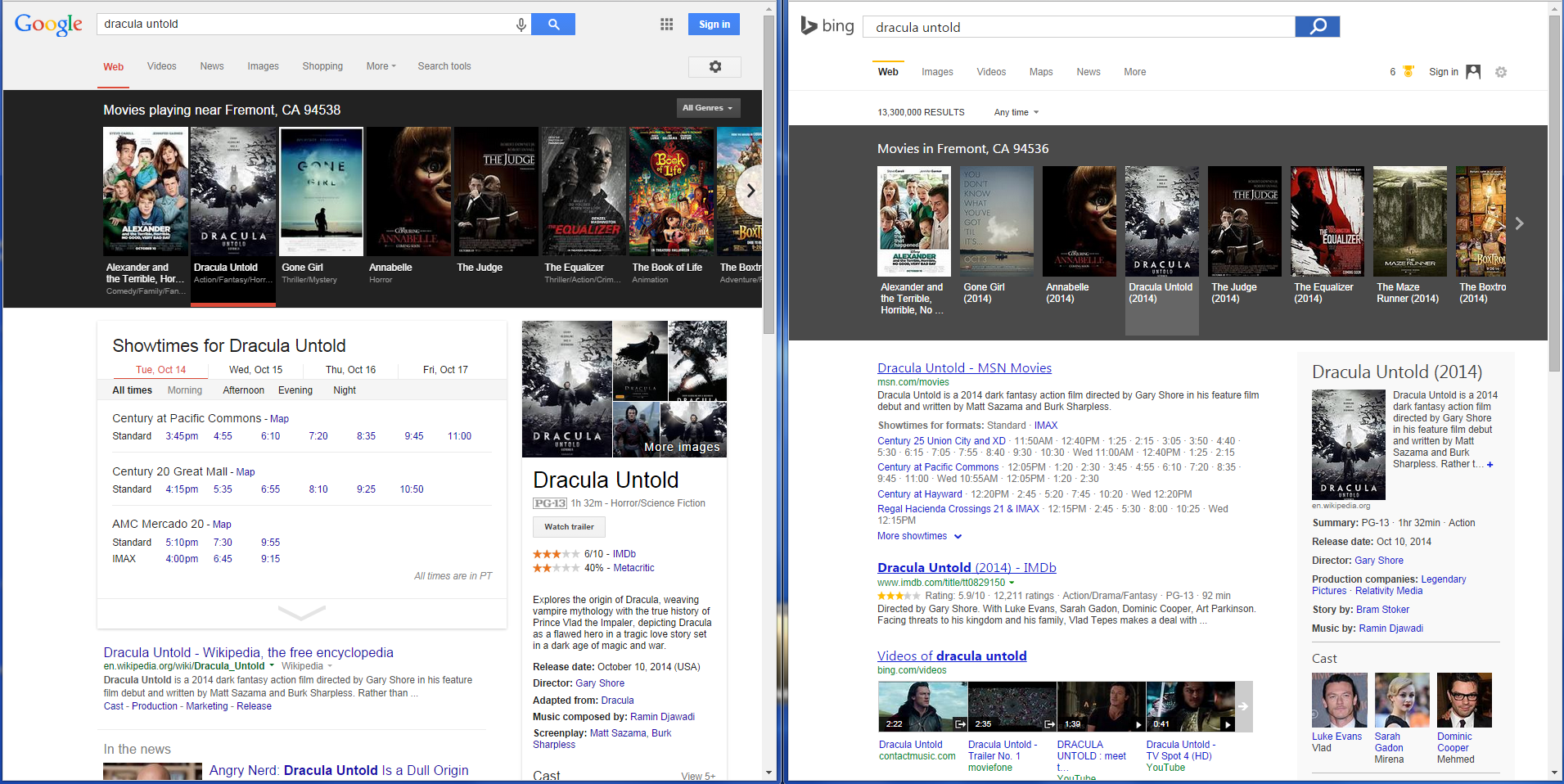
Is Microsoft trying to confuse users by having Bing look like Google?
Microsoft has been tweaking Bing's design for a while now. The latest design makes it seem that it wants Bing to be indistinguishable from Google. If you have Bing as the default on your browser (or accidentally clicked a Microsoft prompt to do so), and are not very tech-savvy, you may not even realize that you're using Bing -- especially if you think any type of internet search is "Googling."
Notice how each have a minimalist search bar at the top with options for different searches at the bottom with "Web" highlighted with a colored bar.

Google lists the top 10 Halloween costumes -- who or what are you dressing up as?
October is one of my favorite months; I get to wear a hoodie, drink pumpkin spice lattes (PSLs) from Starbucks and enjoy Halloween. Sure, I am far too old to trick or treat, but that does not mean that I can't get into the holiday spirit. I go pumpkin picking, carve jack-o'-lanterns, and give out candy to kids that come to my door.
When I was a young man, I did dress up for Halloween, but we were usually too poor to actually buy costumes. I recall one year that I dressed up as a SilverHawk, a popular cartoon in the 80s. My mom put aluminum foil on my head and sent me out with a pillow case for candy. In hindsight, I probably looked insane, but in my mind, I was a SilverHawk. Today, Google announces the top 10 Halloween costumes as per search trends.
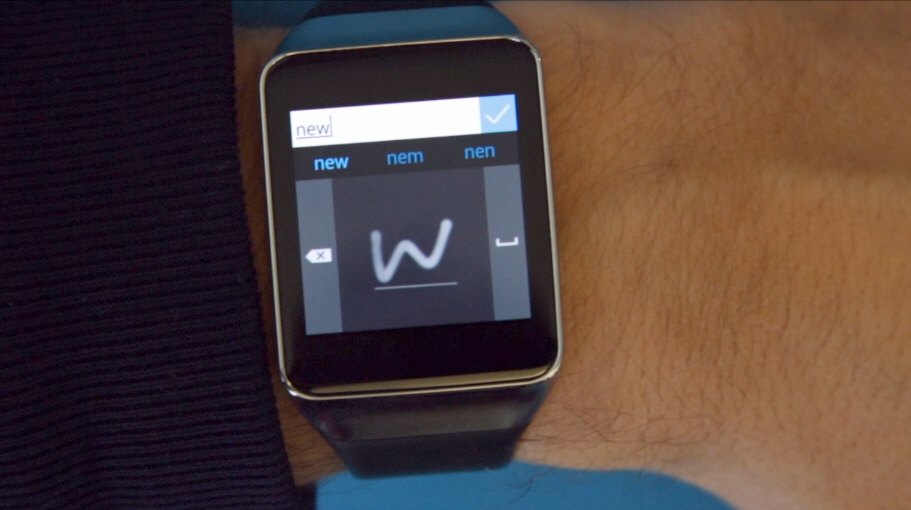
Microsoft releases a new keyboard for Android Wear watches
Google's Android Wear is still getting started, having a smattering of devices such as the LG G Watch and Motorola's Moto 360. The wrist wear brings the mobile platform to a small screen, and it's received a lot of attention since the launch.
Microsoft has a history of supporting Android, releasing all of its apps to the rival devices, despite Google's failure to reciprocate. Last month the the company released OneNote for watches and now the software giant is working on Android Wear again, offering a new analog keyboard app for the tiny items.

Flashback Friday: How two Stanford University whiz kids accidentally built Google
Second in a series. Google is everywhere. It's behind the world's most popular mobile operating system and map, one of the most successful email services ever, and has even expanded into the finance, wearables and transport sectors. What's more, it probably still serves as your browser home page (or just a means of finding out whether you're connected to the Internet or not).
The still-relatively-young company has come a hell of a long way since its inception in the late 90s, and looks well capable of dominating each and every avenue it decides to enter. However, the company had very humble, and indeed slightly odd, beginnings.
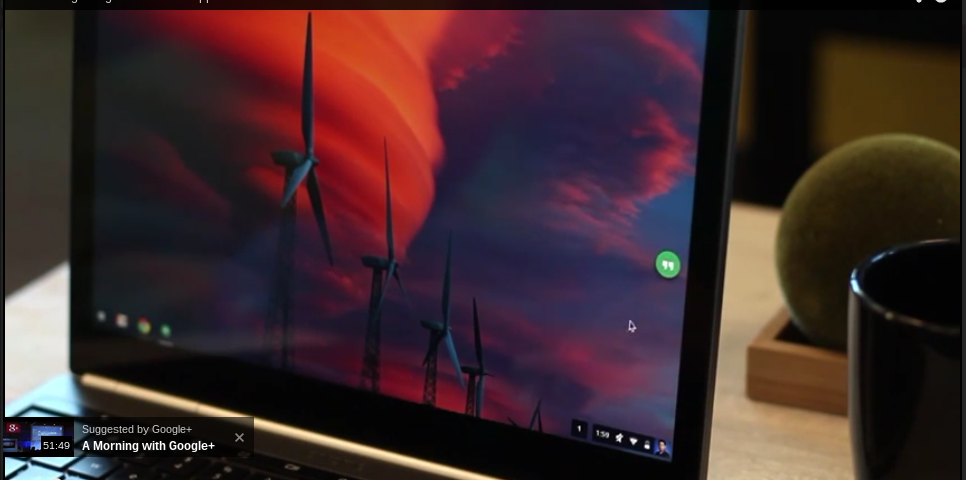
Google's new Hangouts Chrome app delivers the chat experience we've been waiting for
I recently vented my frustration at Hangouts and Google, but today I am extremely elated. Google has released a true Chrome desktop application for Chrome. It runs outside your browser, and you get a pin-able icon in your app drawer so you are not forced to open up Chrome.
But most of this could be handled by the Hangouts extension they had previously, so what's the difference? This one doesn't suck. It actually takes advantage of being outside of the browser and has a great workflow.

Apple remains the most valuable brand in the world
Continuing its run at the top of the charts, Apple is revealed as the most valuable brand in the world. With a massive 21 percent increase over the last 12 months, Apple is now valued at just under $119 billion -- almost double that of Microsoft which finds itself in fifth place with a value of just over $61 billion.
The top 100 rankings have been published by Interbrand, and a number of familiar names from the world of tech are to be found in the top 20. Google's value jumped by 15 percent from last year to $107 billion, and the search giant remains in second position.

Inserting images into Gmail could be so much better
When Google first launched the new compact compose window in Gmail, many of you might have noticed something annoying about inserting images.
One of the greatest Gmail features has been drag and drop. But if you drag an image into the compose window it is inserted inline. This is less than optimal for two reasons. One, if you want to write an email and insert many images, you probably don't want them inline as it ruins the reading experience. Two, inline images are very static and you can't manipulate them: you can't zoom in or see the pictures in a full window view, and you also can't easily save them to either Google Drive or your computer as you can with attachments.
Google Hangouts is great, but will it ever be finished?
A year ago Google released project Babel. The search giant shared with us a grand vision of a unified and improved messaging and video platform. This vision started becoming reality with Google Hangouts. But in classic Google fashion, it was never finished.
Before Hangouts, there was Google Talk. And it was great. It was simple, and to the point. You could use it in third-party applications, it worked in your Gmail, and complaints were hard to come by. However, Google had been working on Google+ and that also had a chat -- one that was not compatible with Talk. So, Google promised unification; and when the users of Talk looked at their perfectly working service, and then back at Google skeptically, Google promised an unrivaled experience across platforms.

Brave the sands and visit the Arabian desert with Google Street View
There seems to be no place the intrepid Google Street View team will not go. From oceans to canyons, the team has tackled everything. The latest location is the sands of the United Arab Emirates, a rather desolate place for any person.
You won't need to ride a camel to make your trip to the Liwa Desert, as you can see it all from the comfort of your seat. Google has already braved sand storms and unbearable heat to bring you the images.
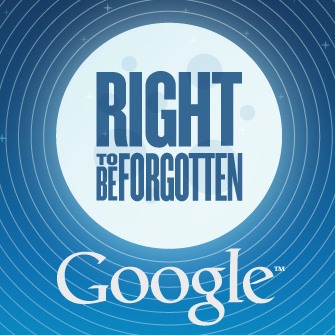
Right to Be Forgotten hits social networks hardest [Infographic]
The "right to be forgotten" is something that was expected to take Europe by storm. A court ruling gave people the right to get in touch with search engines like Google and Bing to ask that results relating to them be removed -- assuming they are "inadequate, irrelevant or no longer relevant". One of the services that popped up after the ruling was Forget.me, making it simple to submit removal requests.
Three months down the line, we have access to the first set of figures relating to requests, and they show that social networks are the most affected type of website.